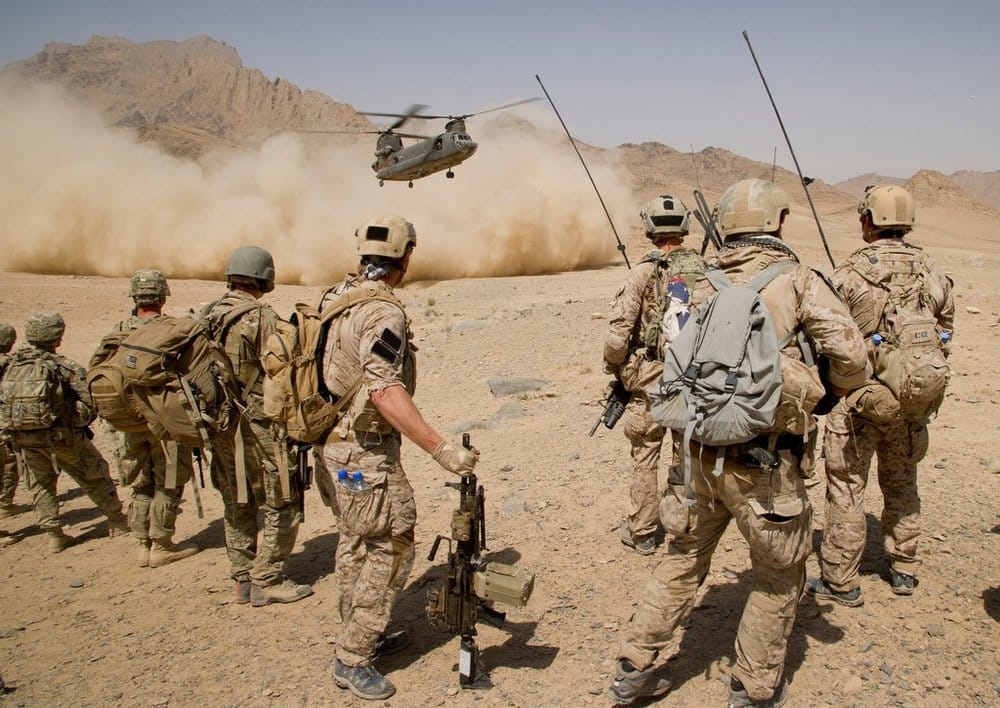The recent escalation of military action by the United States against the Houthi movement in Yemen marks a significant shift in the US approach to the ongoing conflict in the region. As tensions rise with Israel, the US has deemed it necessary to amplify its strikes against the Houthis, who have been increasingly aggressive in their actions and rhetoric. This decision is rooted in a complex web of geopolitical factors that have shaped the Middle East landscape.
The Houthis, officially known as Ansar Allah, have been engaged in a protracted civil war in Yemen since 2014. They have consistently received support from Iran, which has led to concerns about their growing influence in the region. The Houthis have also launched numerous attacks against Saudi Arabia, the UAE, and US interests, prompting a response from the US military. The recent strikes are seen as a direct response to these provocations, particularly as the Houthis have threatened shipping routes in the Red Sea and have launched missiles toward Saudi territory.
The timing of the US strikes is particularly noteworthy, as they coincide with heightened tensions surrounding Israel. The Israeli-Palestinian conflict has seen renewed violence, and the US has been a key ally of Israel in this context. The Biden administration’s support for Israel has been met with criticism from various quarters, and the situation has led to a more complex security environment in the Middle East. The US is now faced with the challenge of balancing its commitments to Israel while addressing the threats posed by the Houthis.
The US military’s operations against the Houthis have included targeted airstrikes and naval deployments in the Red Sea region. These actions are intended not only to degrade the Houthis’ military capabilities but also to send a clear message to Iran about its role in supporting the group. The US has accused Iran of providing weapons and training to the Houthis, further complicating the security dynamics in the region. As the US increases its military presence, it aims to deter further aggression from both the Houthis and their Iranian backers.
In addition to military action, the US is also engaging in diplomatic efforts to address the broader issues affecting the region. The Biden administration has emphasized the importance of a political solution to the conflict in Yemen, advocating for a ceasefire and negotiations between the conflicting parties. However, the ongoing violence and the recent escalation of strikes may complicate these diplomatic efforts, as the Houthis may perceive the US actions as an act of aggression.
The humanitarian situation in Yemen remains dire, with millions of people in need of assistance due to the prolonged conflict. The US has expressed concern over the humanitarian impact of the war and has provided aid to alleviate the suffering of the Yemeni population. However, the military strikes against the Houthis may exacerbate the situation, as they could lead to further civilian casualties and displacement.
As the US navigates this complex landscape, it must also consider the reactions of its allies and adversaries. The increased military action against the Houthis may be welcomed by some regional partners, particularly Saudi Arabia, which has been directly affected by Houthi attacks. However, it may also provoke backlash from Iran and its allies, potentially leading to a broader regional conflict.
In conclusion, the US’s decision to amplify strikes against Yemen’s Houthis is a significant development in the context of rising tensions with Israel and the broader Middle East. While the military actions aim to counter threats and deter aggression, they also raise questions about the future of US engagement in the region and the potential for a renewed diplomatic effort to resolve the ongoing conflict in Yemen. As the situation evolves, the international community will be closely monitoring the implications of these military actions and their impact on regional stability.



